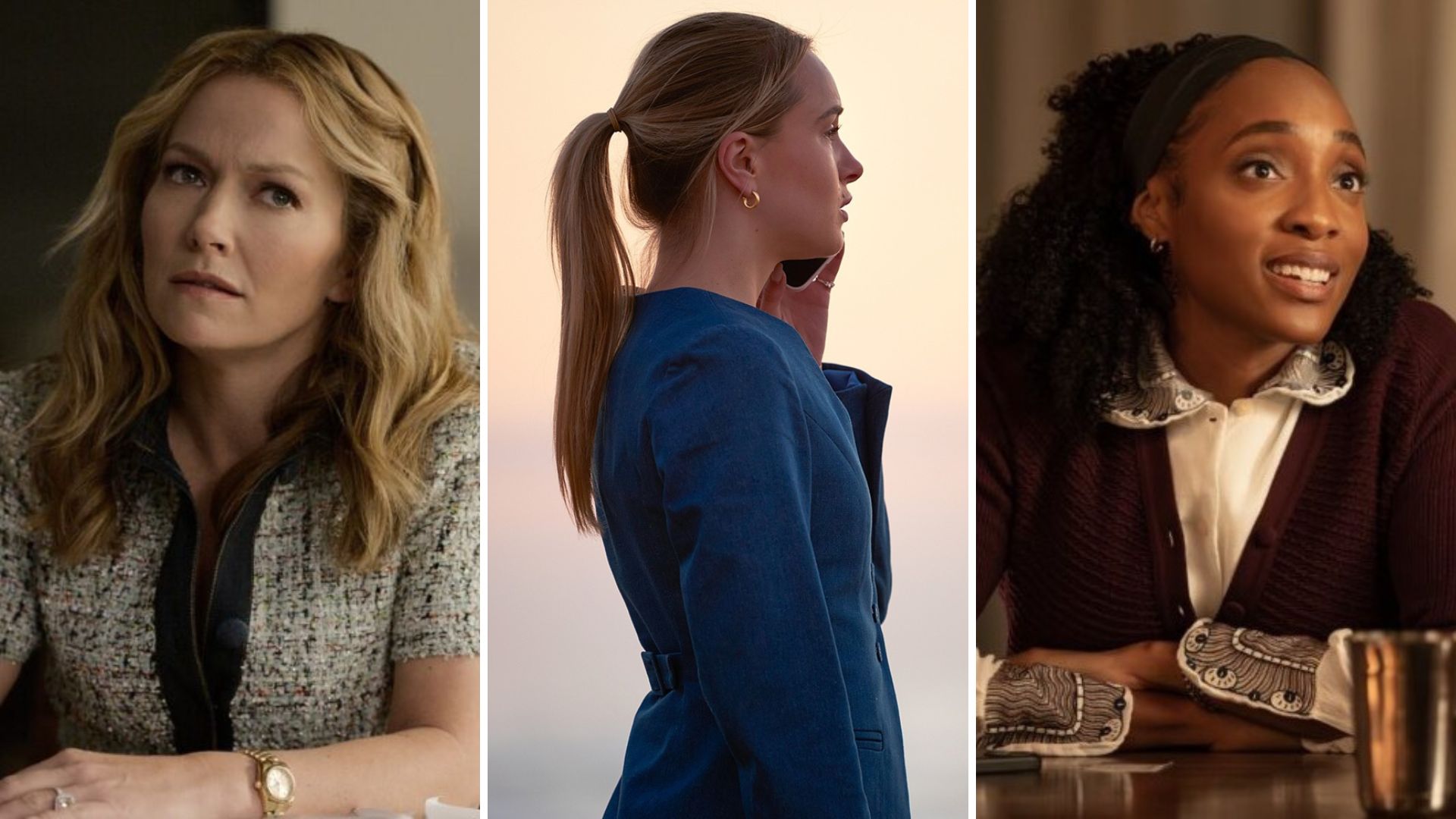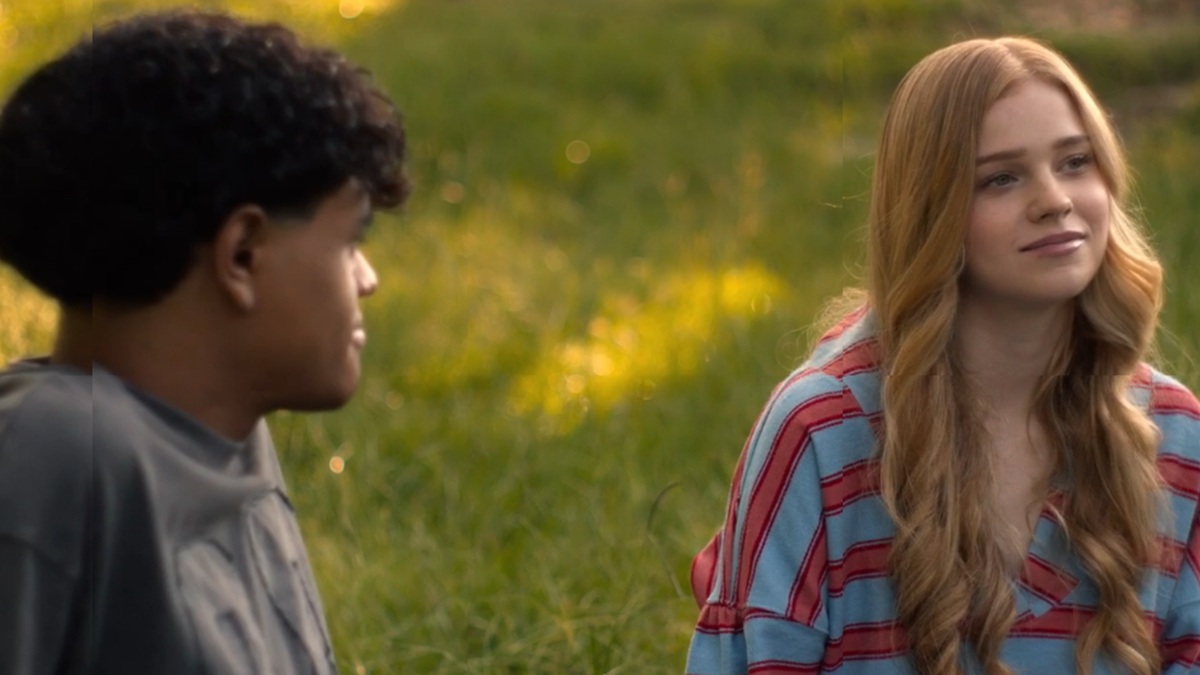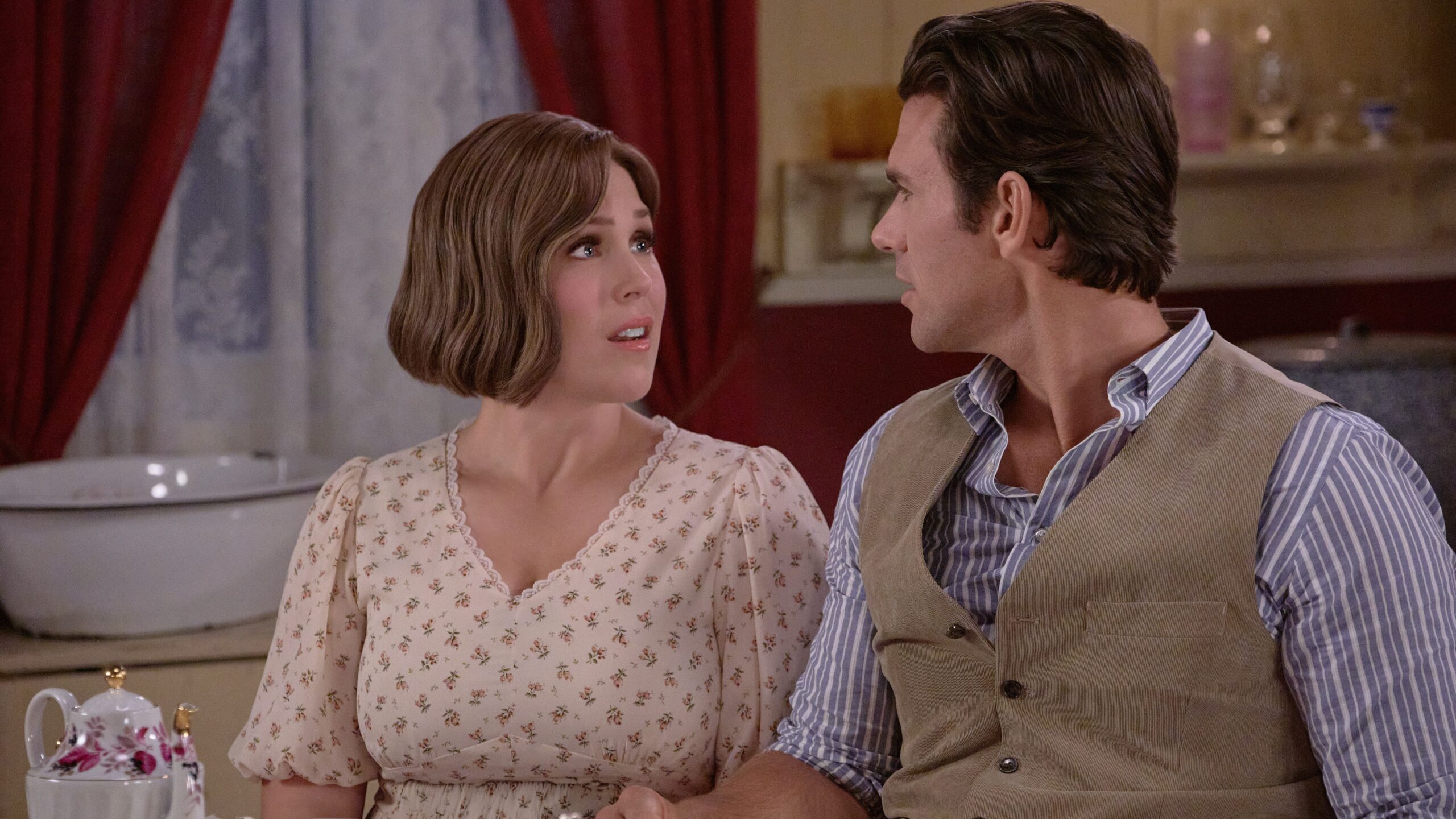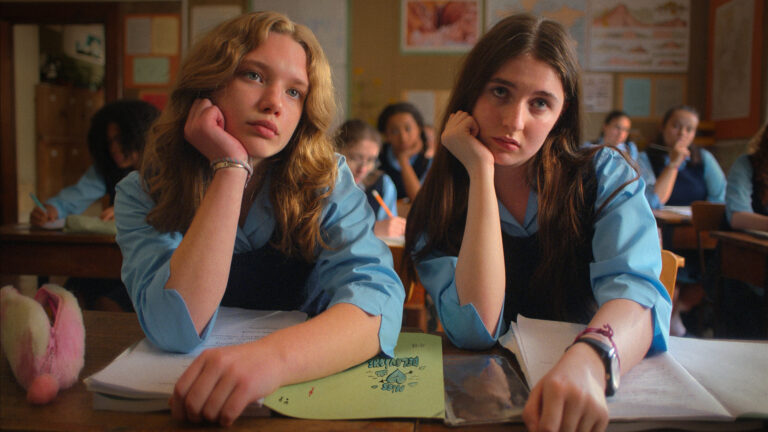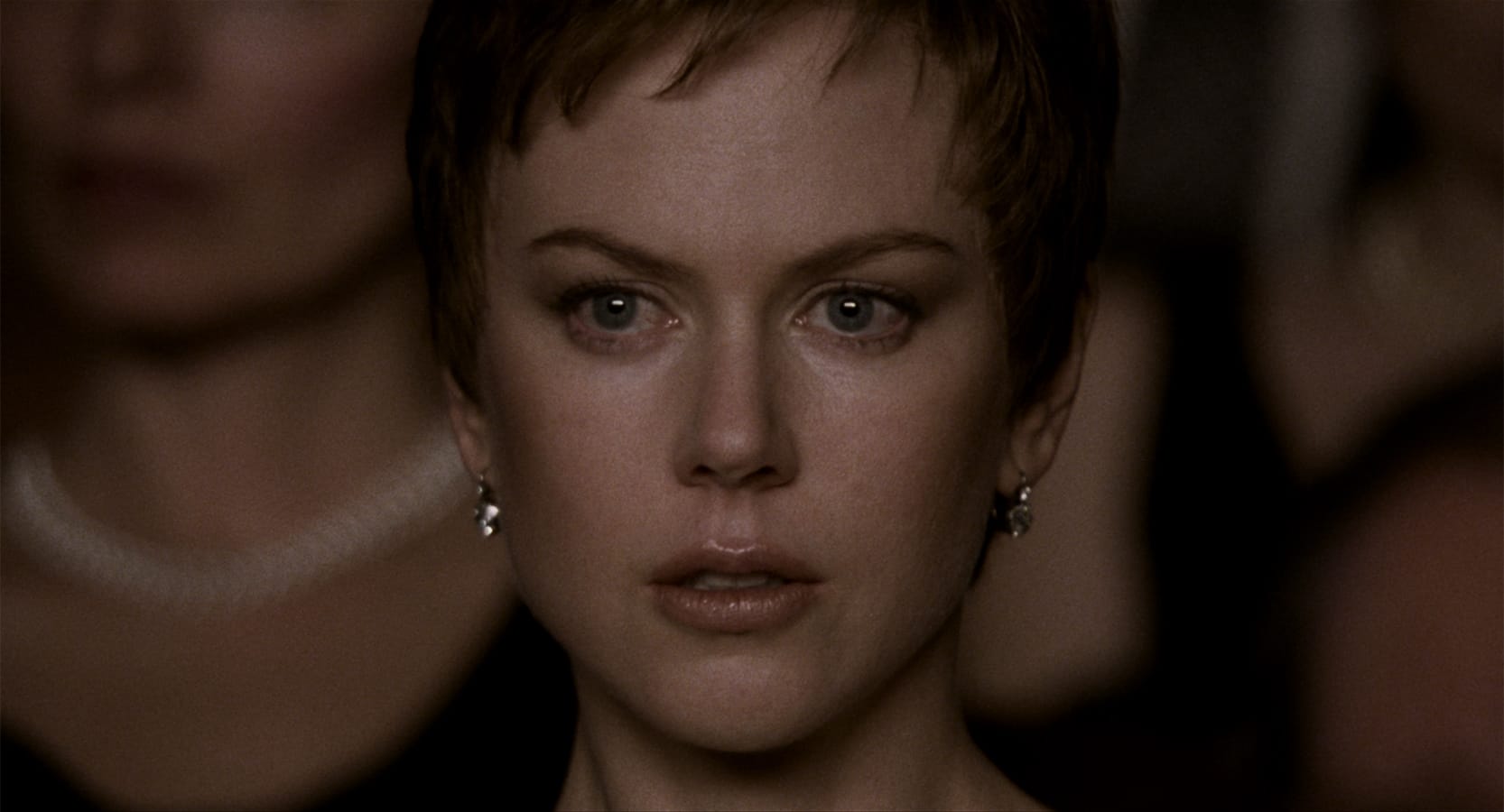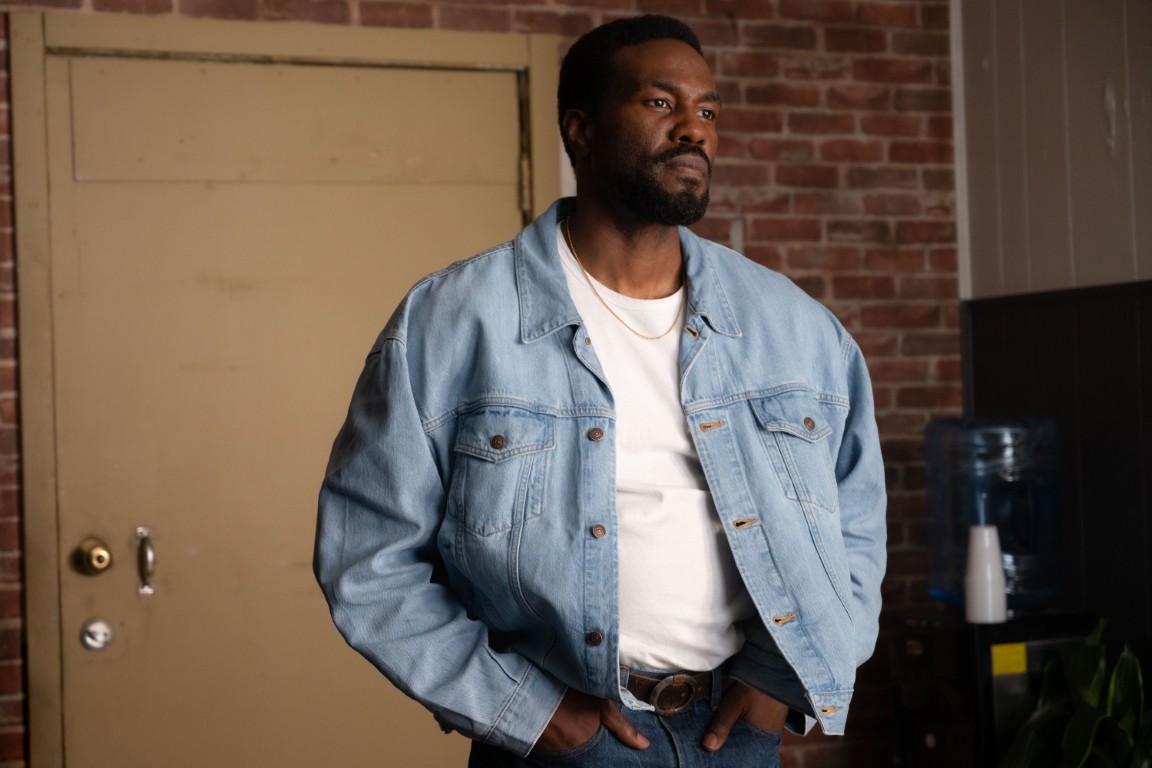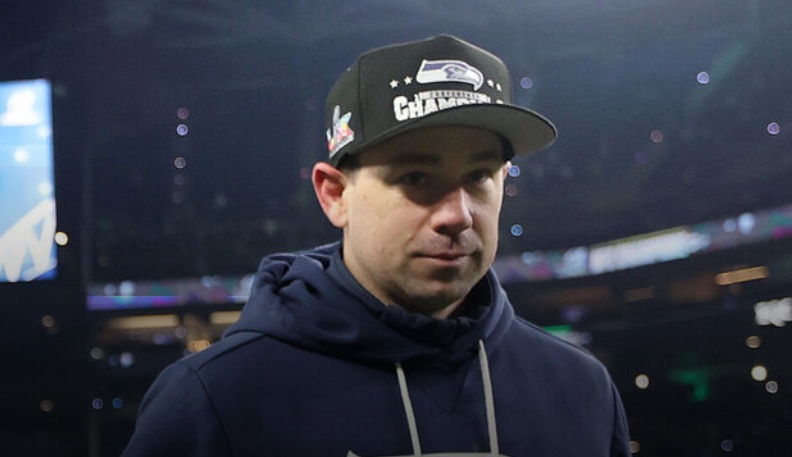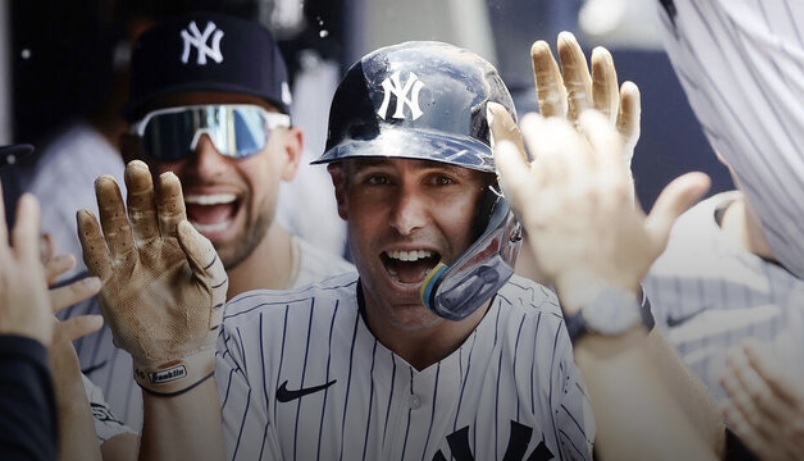
Benedict Cumberbatch plays a troubled puppeteer in psychological thriller miniseries Eric.
Created by Abi Morgan, the Netflix series follows Vincent Anderson (Cumberbatch) whose young son Edgar goes missing in 1980s New York, which leads him into a spiral of volatile behaviour. Detective Michael Ledroit (McKinley Belcher III) is investigating the case, which strikes the heart of other unsettling crimes within the area.
Other cast members include Ivan Morris Howe, Gaby Hoffmann, Roberta Colindrez, Jeff Hephner, Mark Gillis and Dan Fogler.
What is wrong with Vincent in Eric?
After his son goes missing, Vincent strays further into substance abuse and alcoholism. At the same time, he is also dealing with his obnoxious subconscious which has taken the form of a furry puppet named Eric – the same puppet that Vincent wants to make a reality in order to help find his son.
As we see in the final episode, Vincent manages to literally beat the bad habits out of himself by pummelling imaginary Eric. This, in turn, gives him the moment of clarity that he needs to help find his son, while realising the issues within himself which caused Edgar to run away in the first place.
In the closing scenes, we see Vincent following a stay in rehab, where he cuts ties with his own estranged father. After losing his job due to his abusive behaviour, we then see Vincent is now back on Good Morning Sunshine, where he plays new character Eric.
What have the cast and creators said about Vincent’s story?
Speaking about the conclusion for Vincent to Variety, Cumberbatch said: “He’s in a very fragile state still, and a very vulnerable state, which to me speaks to profound change. He’s gone through this dark night of the soul to reach a quantum of solace, if you will.
“I think it is a beginning. It is the beginning of hope.”
The show’s creator Abi Morgan explained that she would “feel very uncomfortable” with the relatively happy ending for Vincent without the death of Marlon Rochelle (Bence Orere) to highlight the differences in their lives and backgrounds.
“I think if this was a drama that didn’t have the secondary storyline with Marlon, then I would feel very uncomfortable with that ending,” Morgan said. “But it is a very deliberate decision to show the ability that Vincent has because of his privilege and his profession and his intellect and his education and his family support, and because he is a white man with status.
“There are the tools there for him to rehabilitate himself, and find a form of redemption.”
You can view the original article HERE.



